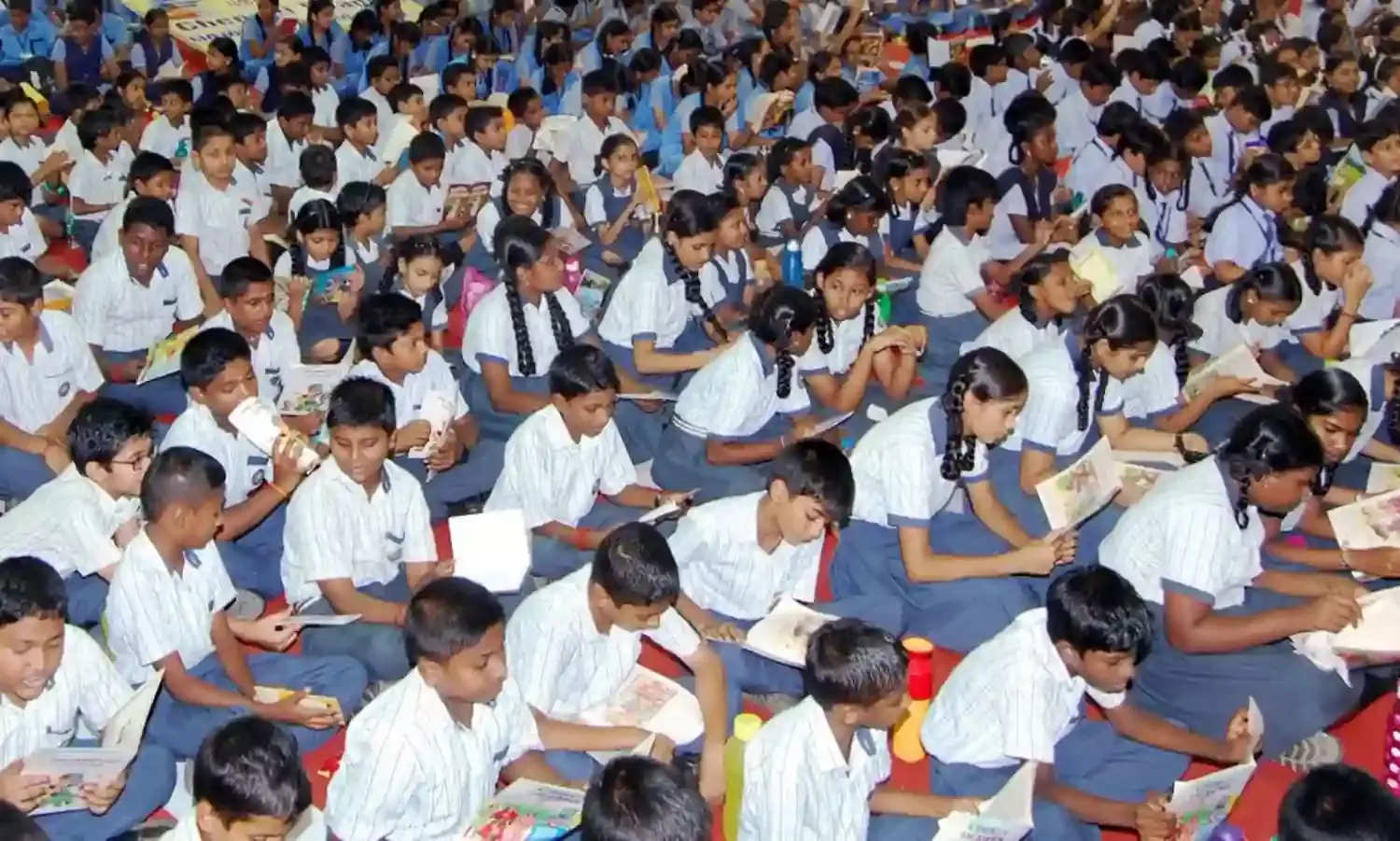A Race is a Race Only When the Starting Line is the Same for All
‘Merit’ from school to university to employment

“Reservation policy doesn’t create opportunity. It simply takes opportunity from someone deserving and hands it over to another. In doing so, it divides society, fosters mediocrity and demotivates the talented.”
This appealing argument from well known author Chetan Bhagat’s book India Positive reiterates the same old and ill informed opinion on reservation.
Caste-based reservation is primarily seen as an anti-merit phenomenon in India.
Do you think that merit is an objective reality? If so, could you define merit without invoking examination scores?
Exam scores deceive us into believing in their objectivity. But conducting a standardised exam, and evaluating everyone in the same way without considering their accumulated economic and social capital, does not reflect objectivity. Rather it violates the principle of substantive justice.
Reservations help lowered-caste students get through the entrance examination, nothing more than that. After the exam, all students who enter a particular college are evaluated based on the same criteria before being awarded a degree. If reservations were letting in unworthy candidates, they would fail to perform at university. But this is not the case.
Rather than parochially fighting against the minuscule percentage of reservations, we need to focus on the major issue of underprovision of quality higher education, the low number of colleges and the even fewer vacancies within existing colleges.
After the degree: many students who got in through reservations are able to satisfy the hiring criteria of private sector companies, where there is no reservation. This shows that academic merit and industrial merit are not the same. It also hints at the mismatch between academic merit supply and industrial skill demand. The contradiction is noticeable.
After the EWS reservation was introduced for students from economically weaker sections not given reservation in other categories, many anti-reservation arguments took a pause.
In 2019 the UPSC exam cutoff for EWS students was less than for OBC students in both the prelims and mains. So according to conventional prejudice, general category students who fall under EWS would have to be treated as less meritorious than the OBC ones.
But this is not the right way of looking at the process. Many factors determined the cutoff, like the number of vacancies and the relative performance of students within the same category.
Further, the lack of a uniform curriculum across schools deprives many of equal opportunity to accumulate so-called merit. The current divide between privately owned English medium schools and government schools in the regional medium also plays a significant role.
English-language communication is a major asset that manifests the ‘merit’ factor within us. The students largely from lowered-caste families who attend regional medium government schools are deprived of acquiring it in contrast to their private English medium counterparts.
This initial setback reflects in the long run, when they switch to higher education in English. A race is a race only when the starting line is the same for all. The ideal of merit must be looked at only when it is possible to place everyone in such ideal circumstances.
As a result of this divide, our framework of merit is limited strictly to academia. How would you define the merit of a farmer? Do you think a soldier has no merit? The conception of merit has failed to evolve to accommodate other meritorious works, including industry.
India is a country where small and medium industries play an important role in providing incomes and sustaining economic growth. These small and medium businesses are majorly caste-based occupations like leather making, textile weaving, pot making, smithing, and so on.
Every caste occupation has its own merit. But there is no space in academia to acknowledge it. One way to achieve this is by continuing caste-based reservation and allowing their children to compete with their equals. Another way is to inculcate respect for these occupations by adding ‘dignity of labour’ chapters and practices in the school curriculum.
As for corporations and private businesses: there has been no private sector reservation since independence, though the fight for it is now picking up pace. The private sector was allowed to function on its own definition of ‘merit’ for more than 70 years. Today, the competence of Indian industries is nowhere comparable to those in China.
This was evident from the backstep taken by India from joining the RCEP, citing the possibility of Chinese goods flooding Indian markets. The high import duty levied on Chinese goods also proves the point. It shows that our whole notion of merit must be reinterpreted to reflect the reality, rather than brushing away the historic responsibility that Brahmins owe to the Dalitbahujans.
The education system based on reading phonetic texts and reproducing them on paper without any creativity reflects Brahmanic culture. The non-Brahmins are not used to this kind of uncreative work and thus lag behind.
As Kancha Ilaiah Shepherd writes in his autobiography:
“The argument that SC/ST/OBCs would not have scored good marks if they too were educated for generations is a misplaced argument. People who were denied opportunities to educate themselves for centuries cannot be accused of lack of talent based on their marks or communication skills within one generation. The notion of standard and quality is time- and space-specific. The Dalitbahujans must be given such time and space opportunities.”



